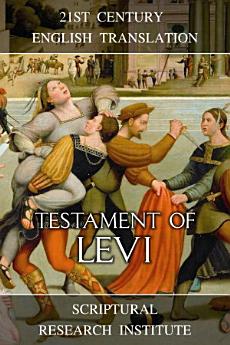Testament of Levi
Энэ электрон номын тухай
The surviving copies of the Testament of Levi contain multiple layers of prophecy that was once accepted as being authentic pre-Christian predictions of the coming of Jesus Christ. This view shifted in Western Europe during the Protestant reformation, and the text was assumed to be a Christian era work, and generally dismissed as a forgery. This view shifted by the 1900s, as an Semitic layer of text was found within it that indicated it was originally a pre-Christian work that was later Christianized, and it was then assumed to be a Pharisee work that the Christians had added all the prophecies to. Since the discovery of fragments of the testament have been found among the Dead Sea Scrolls, dating to between 135 and 37 BC, and written in Aramaic, the Pharisee theory has been discredited. The Dead Sea Scrolls fragments have also shown that some of the prophecies were present in the Aramaic texts by 37 BC, meaning that the Christians had simply added to the prophecies to indicate they were about Jesus. The original work appears to be an anti-Levitical text, which dismissed the Levitical priesthood, and pointed to an alternative priesthood. As this was not a Samaritan text, it was likely a text written by the Tobian Jews mentioned in 2nd Maccabees, that lived in Seleucid controlled regions.











